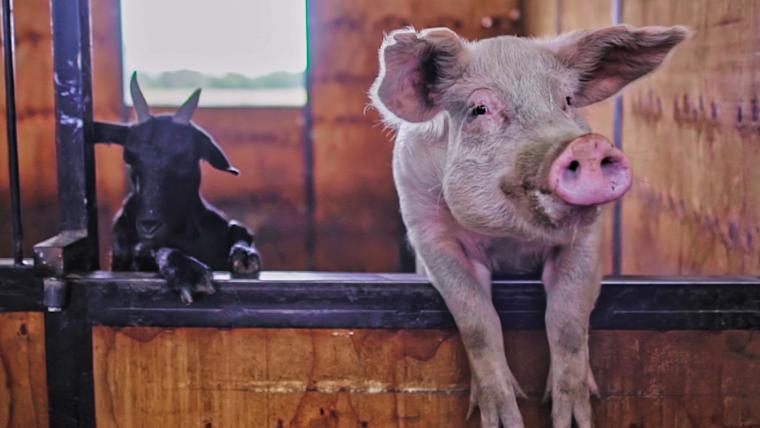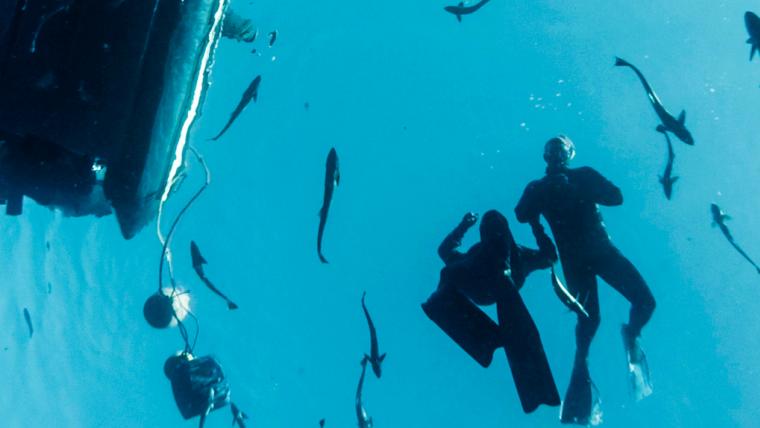
Hands off: Why social distancing is key to a puffin’s survival
Beneath the surface of the crisp Atlantic Ocean, a feathery torpedo zooms on a current. The puffin seems more suited to life under the sea than above it. These birds are pelagic, spending months bobbing and fishing from the chilly waves and only returning to land once a year to mate. But over the decades, their homecomings have become increasingly hostile.
Along the coastlines of the North Atlantic, puffins clumsily touch down for the mating season from April to August. Sporting bright orange beaks and feet to match, these birds do their best to make a dazzling impression. After the season passes, the vivid part of the beaks disintegrate, leaving behind a much smaller and duller ‘true’ beak behind. Puffins mate for life, making these once-a-year rendezvous affectionate reunions.
These birds don’t nest, but burrow into the earth to protect their fluffy pufflings. Sometimes the families even take over old rabbit warrens to hunker down in. The birds are listed as vulnerable by the IUCN, and the introduction of predators at these breeding grounds is a key danger. Like most animals, puffins and people share space. But with people come pets, and cats tear through puffin colonies.
Rapturous tourists also pose a threat to puffins when they can’t resist touching, petting, and holding the birds. Their feathers are uniquely coated and waterproofed, but human contact destroys this life-preserving protection. Other ecological disasters like plastic pollution spell further trouble, with contaminated water and habitats wrecking their chances of breeding and survival. Since puffins only produce one puffling a year, population recovery is slow.
However, everyday people can make an impact on the future of puffins. By avoiding direct contact with the birds, shopping sustainably-caught fish, and recycling plastic waste responsibly, a tangible effect will be seen in the life cycle of these charming creatures.
Footage by Dominika Milek was used in the creation of this video.






























Please sign in to leave a comment